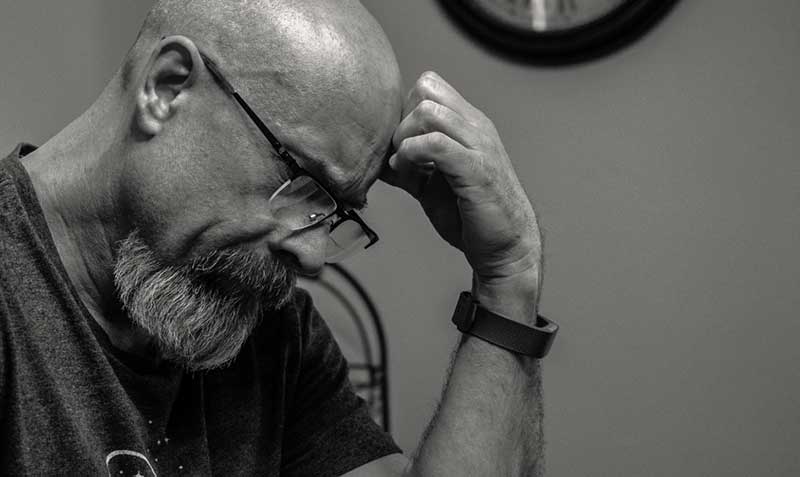Alzheimer's Prevention

Several recent studies have shown that mental and physical exercise throughout one's lifetime may significantly reduce the effects of Alzheimer's.
Mental exercises such as crossword puzzles, brain teasers, chess, or card games help keep the mind working in top shape. This helps build what is called a "cognitive reserve." Formal education also helps build a person's cognitive reserve. In fact, each year of education reduces a person's chances of getting Alzheimer's by an average of 17%. Scientists believe this is because people with a large cognitive reserve are better able to adapt as neurons are killed by the disease. The more neural connections you have, the longer it takes for the disease to make a significant impact.
It's important to note that mental exercise cannot help significantly once Alzheimer's has already set in. A person must have a lifetime commitment to learning in order to build up his or her cognitive reserve. It is probably not possible to completely prevent the disease in genetically susceptible people, but it is possible to delay the onset so that it will not occur in the person's lifetime.
More Memory Articles...
* This article was originally published here

Comments
Post a Comment